Organizing Team
Jan De Houwer (Ghent University)

Jan De Houwer's research concerns the manner in which spontaneous (automatic) preferences are
learned and can be measured. Regarding the learning of preferences, I focus on the
role of stimulus pairings (evaluative conditioning). With regard to the measurement
of preferences, I developed new reaction time measures and examined the processes
underlying various measures. Other research interests include associative learning,
learning via instructions, and stimulus-response compatibility. I am also
interested in meta-theoretical issues such as the relation between cognitive and
functional psychology (i.e., behaviorism).
Eva Van den Bussche (KU Leuven)
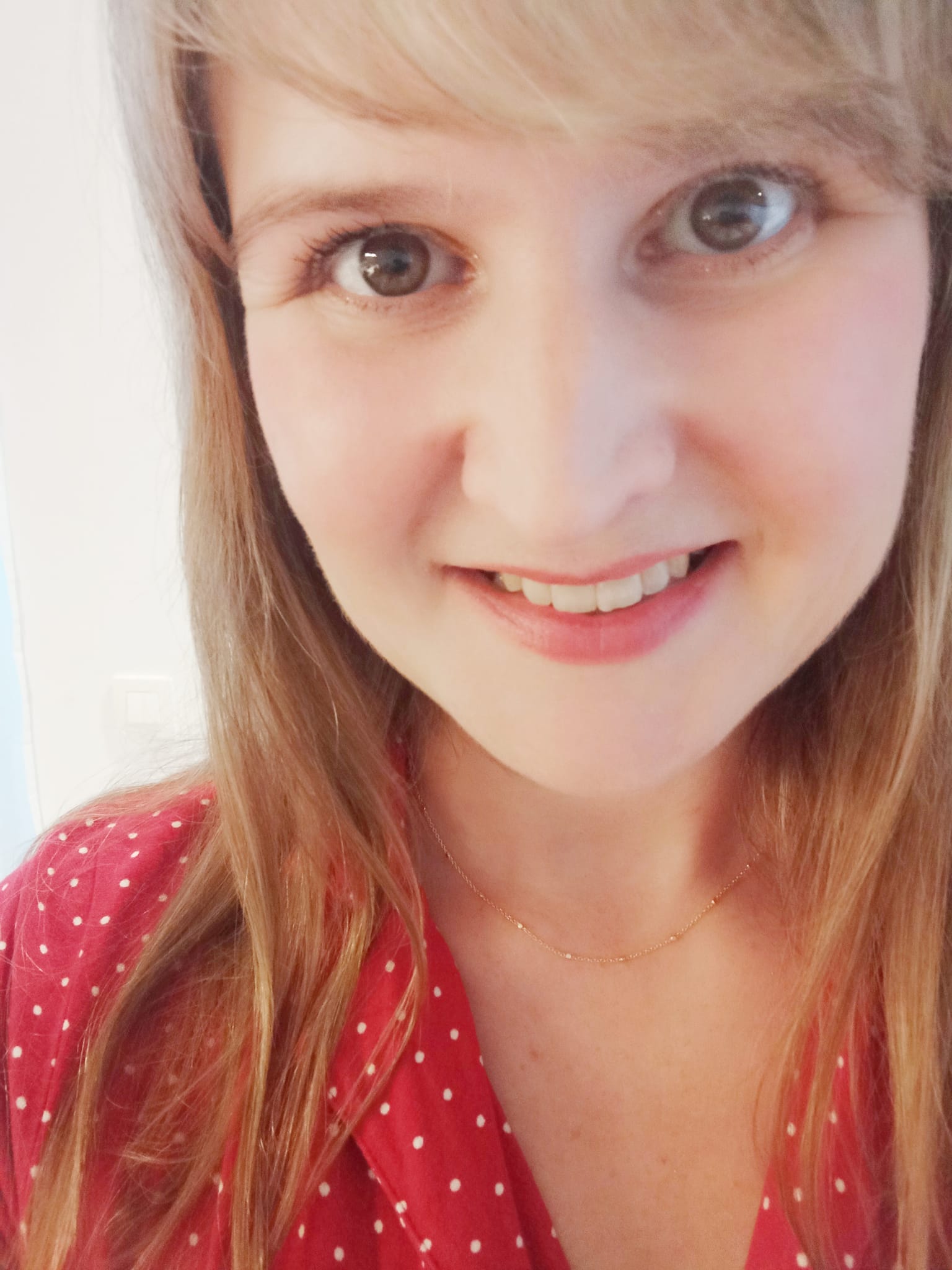
Eva Van den Bussche is currently a research professor at KU Leuven, Belgium.
She received her PhD in Psychology from KU Leuven in 2009. During her postdoc period
with a fellowship of the Research Foundation-Flanders (FWO), she visited the
Université Paris Descartes as a postdoc fellow. Afterwards, she accepted an assistant
professorship position at the Vrije Universiteit Brussel in 2010 and worked at the
University of Essex as a visiting lecturer. In 2018, Eva moved back to KU Leuven,
where she was awarded a highly competitive associate research professorship (BOFZAP).
In 2021 she was promoted to professor. Eva's research group investigates cognitive control,
both from a fundamental and a more clinical/developmental angle, using experimental and neuroimaging
methods and advocating an open science policy. Their goal is to place cognitive control in a broader
context, incorporating task-related, dynamic, social and developmental aspects of cognitive control
exertion, ultimately bringing us closer to how cognitive control functions in everyday life.
Since January 2025, Eva assumed the role as chair of the Governing Board of the Psychonomic Society.
Tom Verguts (Ghent University)
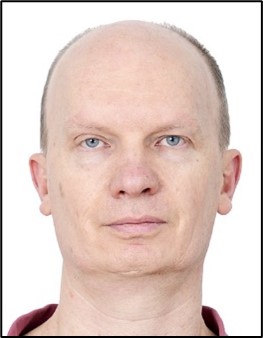
Tom Verguts is a professor at the Department of Experimental Psychology at Ghent University.
His research interest is in how “high level” cognitive processes develop and are shaped by learning.
He studies this with behavioral, neuroscientific, and computational approaches.
Senne Braem (Ghent University)
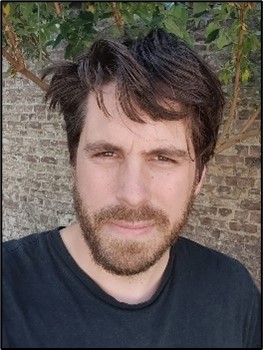
Senne Braem is an associate professor at the Department of Experimental Psychology at Ghent
University, Belgium. Senne’s research focuses on the interactions between cognitive control (or “executive functions”)
and different forms of learning, such as reinforcement learning, associative learning, fear conditioning, or learning
via instructions. Together with his team, they study the learning of these arguably higher-order functions through designing
and using different behavioral paradigms, sometimes combined with neuroimaging methods or computational modelling.
Senne’s work has also tried to study the relevance of these functions for cognitive training and better understanding different
clinical conditions, primarily autism.
Martin Finn (Ghent University)
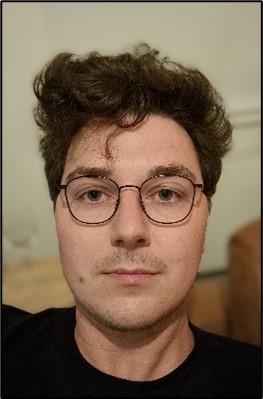
Martin's research interests include analyses of complex behavior, relational responding, and how exploring these issues informs our
understanding of applied domains. Other areas that contribute to forwarding my primary research interests include the procedural features
of implicit measures, measurement and experimental manipulation of implicit attitudes, functional psychology and learning psychology.
Matthias Raemaekers (Ghent University)
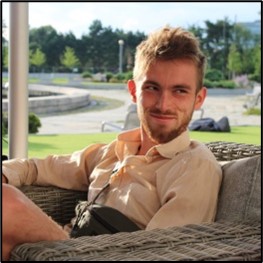
Matthias' work at the learning and implicit processes lab involves the study of learning from a functional-cognitive perspective.
Currently, we are investigating complex learning effects (i.e., changes in behavior that are due to the joint effect of multiple regularities,
or regularities in the presence of regularities, in the environment), including the functions that relations can have in relational learning
effects and the moderators of these functions. I am also interested in the possible practical applications of this work on relational learning
(e.g., relational training to increase scholastic aptitude or symbolic thinking in ASD), as well as implications for research in cognitive psychology.
Furthermore, for my doctoral project, we aim to interface functional learning psychology with computational reinforcement learning models, to address
the limitations of these models as well as suggest improvements, additions and predictions from a functional perspective.
